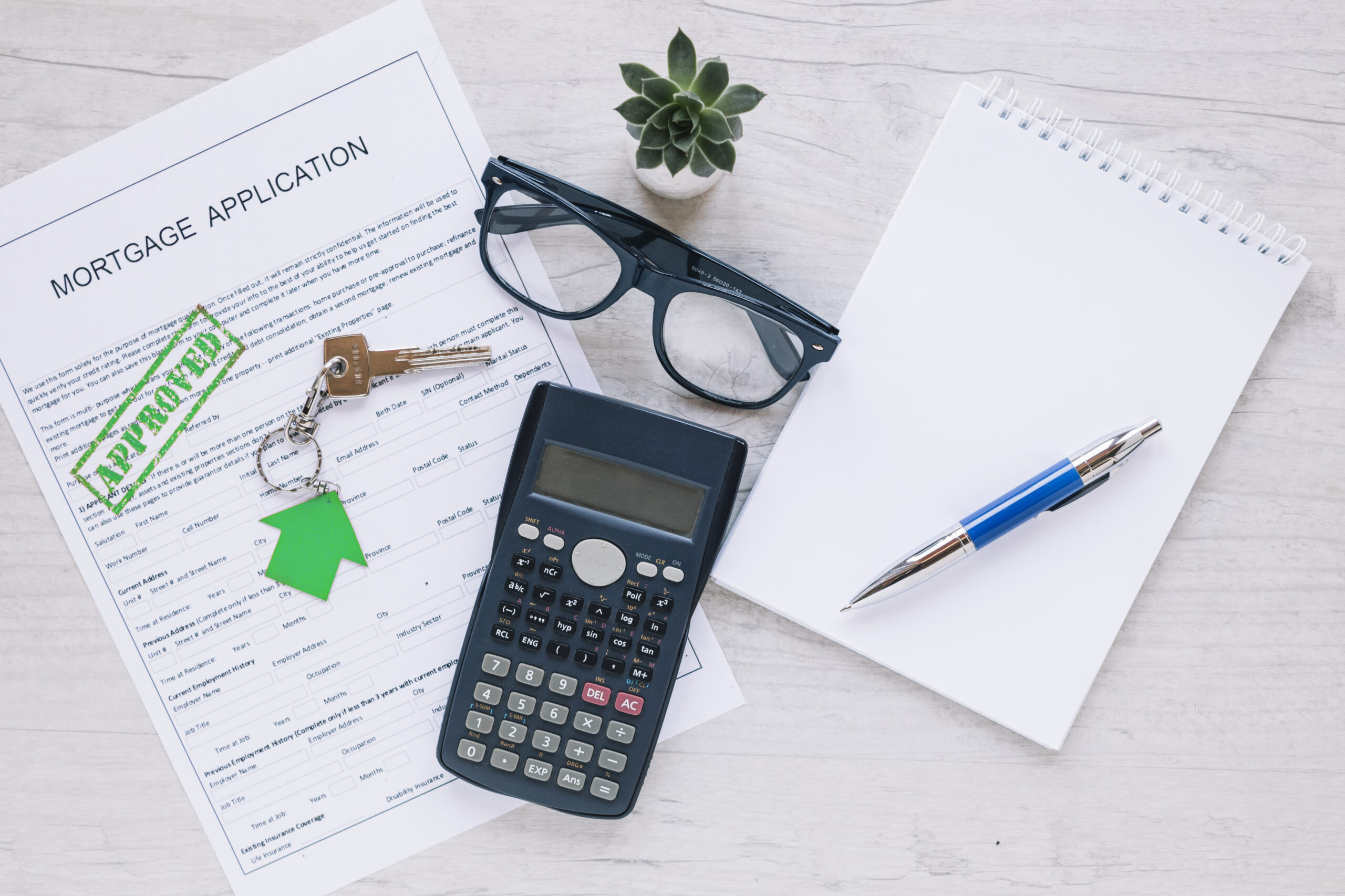In Canada, there are numerous benefits to house ownership, but there are also financial obligations. Property taxes are one significant expense to consider. Your local municipality collects property taxes to pay for infrastructure, schools, public transportation and more. Property taxes have a big influence on your total cost of living even if they are not a direct element of your mortgage payment. Let’s discover property taxes and understand how those influence your mortgage payments.
What Are Property Taxes?
Municipalities in your area levy property taxes according to the property’s assessed value. These taxes cover the cost of vital public services. The tax rate established by your municipality and the assessed value of your property determine how much you must pay. “Property tax = assessment value x municipal tax rate” This is the main formula municipalities use to determine the value of your home. However, each one can have its own specific rules and approaches to do it.
Property taxes are billed twice a year. You should receive an annual interim tax bill and a final tax bill. Nevertheless, every municipality has its own payment policies, some let property owners pay their taxes on a monthly or even semi-annual basis.
The important fact is that municipalities throughout Canada are gearing up for significant property tax increases in 2024. Toronto has already indicated a “substantial” hike in property taxes for this year, while Vancouver plans to raise its taxes by 7.4%. Montreal, known for its relatively low tax rates, is poised to experience its most significant tax increase in 13 years. But how are these property taxes linked to your mortgages? Let’s find out!
How Do Property Taxes Affect Mortgage Payments?
If you have a mortgage, your lender may want you to pay your monthly mortgage payment in addition to property taxes. This process is called an impound account or escrow process. Along with your mortgage payment, the lender also gathers a share of your property taxes, which it then pays when the time comes. The following summarizes the impact of property taxes on your mortgage:
- Impact on Mortgage Affordability: When applying for a mortgage, lenders in Canada will consider your property taxes along with other debts when assessing your debt-to-income ratio (DTI). A high property tax bill can affect your borrowing power and the mortgage amount you qualify for.
- Adding to Monthly Housing Costs: Property taxes are typically paid in installments throughout the year. You’ll need to factor these payments into your monthly budget alongside your mortgage payment, utilities, and other housing expenses. Spreading the expense over a full year, including property taxes in your mortgage payments, might make budgeting easier. You will pay a greater monthly mortgage payment as a result, though. For instance, your monthly mortgage payment will increase by $300 if your yearly property taxes are $3,600.
- Property Tax Increases: Property taxes are subject to change year-to-year. While municipalities strive for predictability, tax increases can occur due to inflation or changing community needs. It’s wise to factor in potential tax increases when planning your long-term housing budget.
Homeowners must know what happens if the lender’s tax holding account does not have sufficient funds to cover the property tax bill. In such cases, the responsibility to pay the property tax bill may fall on the homeowner.
If you receive a property tax bill, it’s important not to assume it has been or will be paid by your lender. Instead, contact your mortgage broker or lender immediately to confirm whether you need to make this payment yourself. This is especially pertinent for the first and possibly the second property tax bill after purchasing a new home or refinancing, as the escrow account might not yet be fully adjusted to the new tax amounts.
How Do Mortgage Lenders Consider Property Taxes?
- Including Property Taxes in DTI Calculation: As mentioned earlier, lenders consider property taxes when calculating your DTI. A lower DTI ratio indicates a stronger ability to manage your debts, including your mortgage.
- Property Tax Escrow: Property tax escrow accounts are provided by some lenders. This option involves paying a portion of your monthly mortgage into an escrow account that is kept by the lender. When your property taxes are due, the lender uses this money to pay them on your behalf. By using this method, you may avoid any late payment penalties and make sure your property taxes are paid on time.
Managing Property Taxes
- Research Property Tax Rates: Before making an offer on a property, research the current and past property tax rates for that specific area. This will help you estimate your ongoing property tax burden.
- Factor in Potential Increases: While property tax increases can’t be predicted with certainty, consider factoring in a small buffer in your budget to account for potential future increases.
- Explore Escrow Options: Discuss property tax escrow with your lender to see if this option aligns with your financial situation and budgeting preferences.
You may make well-informed judgments regarding homeownership and guarantee a smooth financial journey by being aware of how property taxes affect your mortgage and taking proactive measures to reduce these expenditures.




Leave a comment